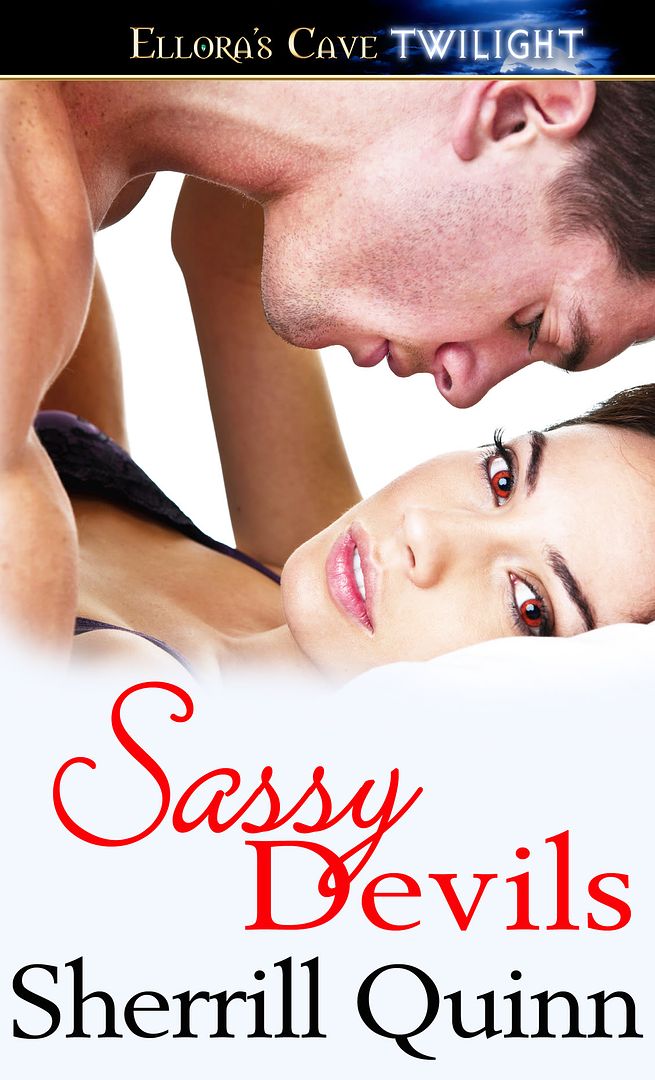When Words Get In The Way
So many times, in our efforts to show our readers our "distinctive style," we're tempted to cut loose and start using flowery language or fancy, nearly unpronouncable words. When that happens (and an editor doesn't correct it), readers are yanked from the story because the writing's too convoluted or they have to grab a dictionary to look up a word they've never seen before.
Our job as writers is not to show readers our "voice", but to give them a story in which they can become engrossed. Write clear, crisp sentences that create pictures readers can see, emotions they can feel. When we write well, readers suspend their disbelief and immerse themselves in the worlds and characters we've created. They are unaware of the author--we are invisible.
How many times have you read a book and, at some point, the author intruded and it yanked you right out of the story? Maybe it was an awkward point-of-view shift, or all of a sudden it's the author's omniscient POV that we're seeing. We know that neither of the characters in the scene we're reading know that the monster is hiding in the bushes, but all of a sudden we, the readers, are given a bit of information that lets us know for certain that it's there. Something like... Bill and Nancy had their backs to the woods. Unbeknownst to them, a pair of eyes started glowing with crimson malevolence.
Okay, not great, but hopefully you see where I'm going with this. If Bill and Nancy are the only characters standing by the woods, then the readers should see what they see. Nothing more, nothing less. By showing the readers something more, we've yanked them from the story.
Readers shouldn't be stopped by a word, whether it's because they don't know it, it's too flowery or it's just not quite the right word. Keep it simple. In the example above, many readers might not know what the word malevolence means. It might be better to use the word "hatred" or "ill-will".
Mark Twain once said, "The difference between the right word and the almost right word is the difference between lightening and lightening bug." Most of the time, the right word is the most straightforward and familiar one. Write "asked," not "queried" or "quizzed." Go for simple, down-to-earth action verbs. Tie the verb with the character's emotions. If your character is angry or having a bad day, instead of having him "insert" a key into a lock, have him "shove" it.
Author William G. Tapply does the following to show him his writing habits: He prints out several pages of his draft, then takes colored pens and goes through the pages, circling the instances of visible writing problems one color at a time. Red for adverbs (minimize the use of adverbs by finding active verbs), green for adjectives (minimize adjectives, substitute specific nouns), blue for the verb "to be," such as "was," "is," "were," and "are" (convert such weak verbs into strong ones and convert passive into active sentences), pink for fancy vocabulary words (substitute clear, simple language), orange for commas (identify long compound sentences that can be changed into two or more shorter, punchier sentences), black for metaphors and similes (do they work? Are they attention getting? Can they be eliminated?) and brown for cliches and trite expressions (take out all of them to eliminate lazy writing).
Try it. Get a visiual picture of your own writing habits that will help you to edit and revise for clarity and invisibility.
Then write some more.










1 comment:
A young woman
Sits by a swimming pool
Painting her toenails.
It is midnight.
She wonders
Whether it is possible
To foretell the future
Using an avocado pear.
Her husband brings her
An avocado pear.
This is strange.
The young woman
Has no husband.
Post a Comment